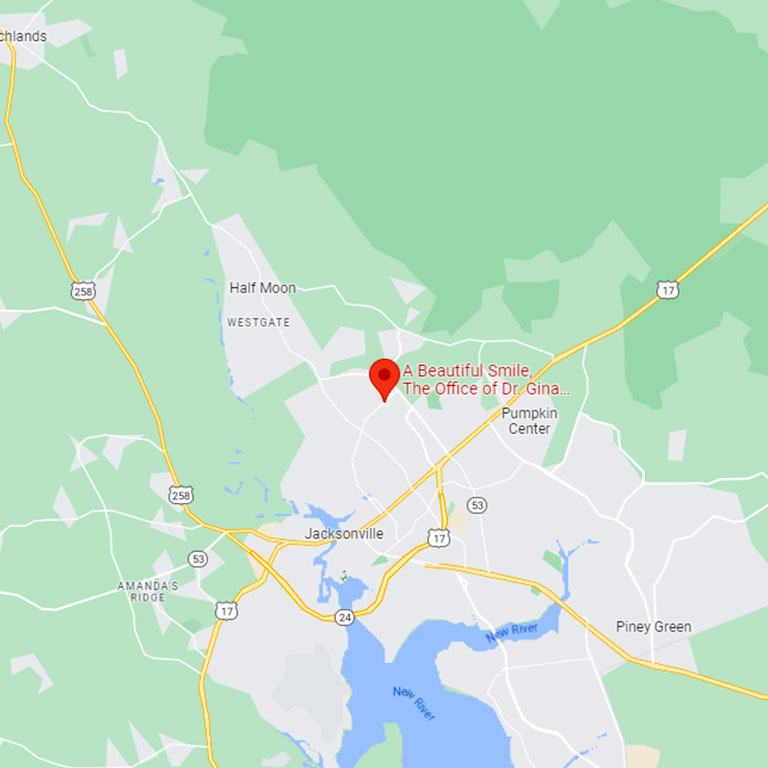What’s Causing My Teeth To Turn Brown?
Brown teeth can be frustrating, for sure, especially when you feel like you take good care of your teeth. Knowing the cause of the stains on your tooth enamel can help you take care of your teeth. Your dentist in Jacksonville, NC, can help you determine this cause and take action to restore your teeth to bright, beautiful white enamel. Here’s what to know about restoring the color of your teeth.
What Causes Brown Tooth Enamel?
Many things can cause brown tooth enamel:
Use of tobacco products. From chewing tobacco to smoking cigarettes, tobacco products can easily stain your teeth. While you can take steps to try whitening your teeth stained by tobacco, if you continue to use tobacco products, then your teeth will eventually return to their brown color.
Poor oral hygiene. Unfortunately, if you have poor oral hygiene habits, you’re likely to struggle with brown stains on your teeth. Cleaning your teeth regularly by brushing twice daily and seeing the dentist twice yearly is important to help minimize stains on your tooth enamel.
Consumption of certain foods and drinks. Brown foods like gravy and sauce and brown drinks like coffee, tea, and soda can all contribute to brown tooth enamel.
If you’re not sure what might be the cause of your problem, talk to your dentist.
What Can You Do About Brown Tooth Enamel?
If you struggle with brown or yellowish tooth enamel, one way to correct the problem is to get your teeth professionally whitened in Jacksonville, NC. Call your dentist at A Beautiful Smile, The Office of Dr. Gina Mancini, today to make an appointment and learn more about teeth whitening.




